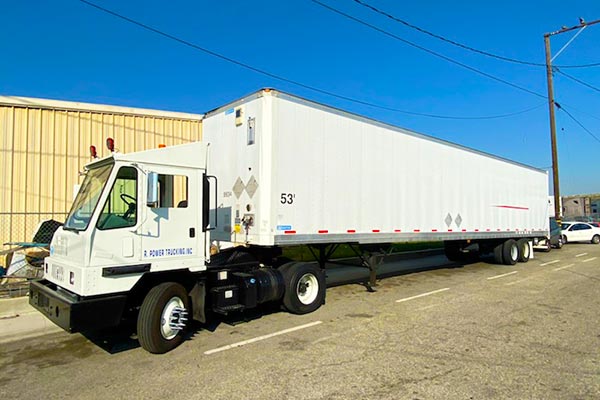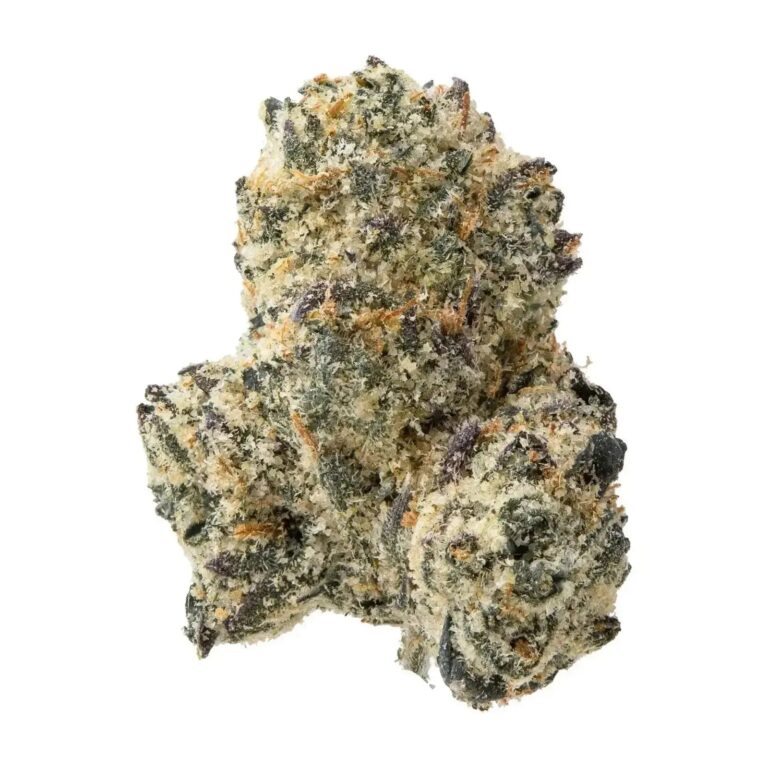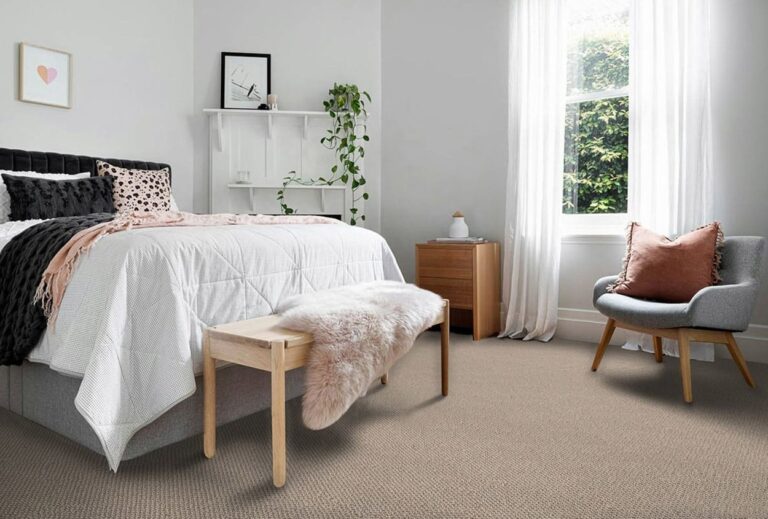Las Vegas stands out on the map for its entertainment, but for residents and property owners, it’s the climate that commands day-to-day attention. With the city averaging over 294 days of sunshine per year and summer highs frequently exceeding 100°F, specialized HVAC services are essential—not just for comfort, but for safety and efficiency as well. This article explores the many benefits of hvac las vegas, focusing on the unique needs of desert climates, and illustrates why tailored solutions are non-negotiable in the region.
Desert Temperatures Demand Custom HVAC Solutions
Statistics reveal that Las Vegas is one of the hottest cities in the United States, with July temperatures averaging above 104°F. The arid atmosphere significantly lowers nighttime temperatures, causing dramatic daily shifts that can stress an HVAC system. Standard HVAC solutions are often inadequate in these circumstances; the systems must be designed, installed, and maintained with desert-specific challenges in mind.
The intense heat also forces air conditioning systems to work overtime. According to the U.S. Energy Information Administration, air conditioning accounts for over 27% of annual energy use in homes located in the Southwest. Proper desert-centric HVAC services are designed to optimize cooling systems for maximum efficiency, helping homeowners and businesses save on energy costs and extend equipment lifespan.
Benefits of Specialized HVAC Services in Las Vegas
Enhanced System Efficiency
One of the most significant advantages of using HVAC services tailored for the desert is optimized efficiency. Technicians familiar with Nevada’s climate consider insulation, system sizing, and humidity control as they install and service units. This ensures the system doesn’t overwork or underperform, translating to lower energy bills and reduced wear and tear on crucial HVAC components. Data collected from utility companies in Las Vegas indicates that homes equipped with properly sized and serviced HVAC units can reduce their summer electricity usage by up to 30%.
Improved Comfort and Consistency
Desert climates not only bring intense heat but substantial daily temperature fluctuations. Professional HVAC experts implement advanced zoning systems, smart thermostats, and variable-speed compressors to maintain consistent indoor temperatures regardless of outdoor conditions. These systems provide better temperature control room by room, helping residents stay comfortable during both the searing midday sun and cooler desert nights.
Alongside cooling, humidity management is crucial. Las Vegas often experiences relative humidity levels as low as 10%. While this dryness may seem pleasant after a rain-soaked spring elsewhere, it goes hand-in-hand with discomfort, dry skin, static electricity, and challenging conditions for wooden furnishings and musical instruments. Modern HVAC setups integrate humidification solutions to balance interior moisture, providing relief that’s felt every day.
Extended System Longevity
The desert heat accelerates wear and tear on HVAC equipment. Dust storms and extreme UV exposure can damage outdoor units and clog filters faster than in more temperate zones. Regular, climate-aware maintenance is a proven way to extend system life. Service data from regional HVAC companies shows that well-maintained air conditioning systems last, on average, 2–4 years longer in desert regions when compared with similar units in homes where regular, specialized upkeep isn’t performed.
Enhanced Air Quality
Air quality is a pressing concern in Las Vegas, especially with dust, pollen, and pollution all making their way into homes and businesses. HVAC specialists in this area recommend installing advanced filtration systems designed for dusty, arid environments. High-efficiency particulate air (HEPA) filters and ultraviolet (UV) light air purifiers can reduce allergens and microbial growth, ensuring a cleaner, healthier environment indoors. Many residents report noticeable improvement in allergy and asthma symptoms thanks to these targeted HVAC upgrades.



